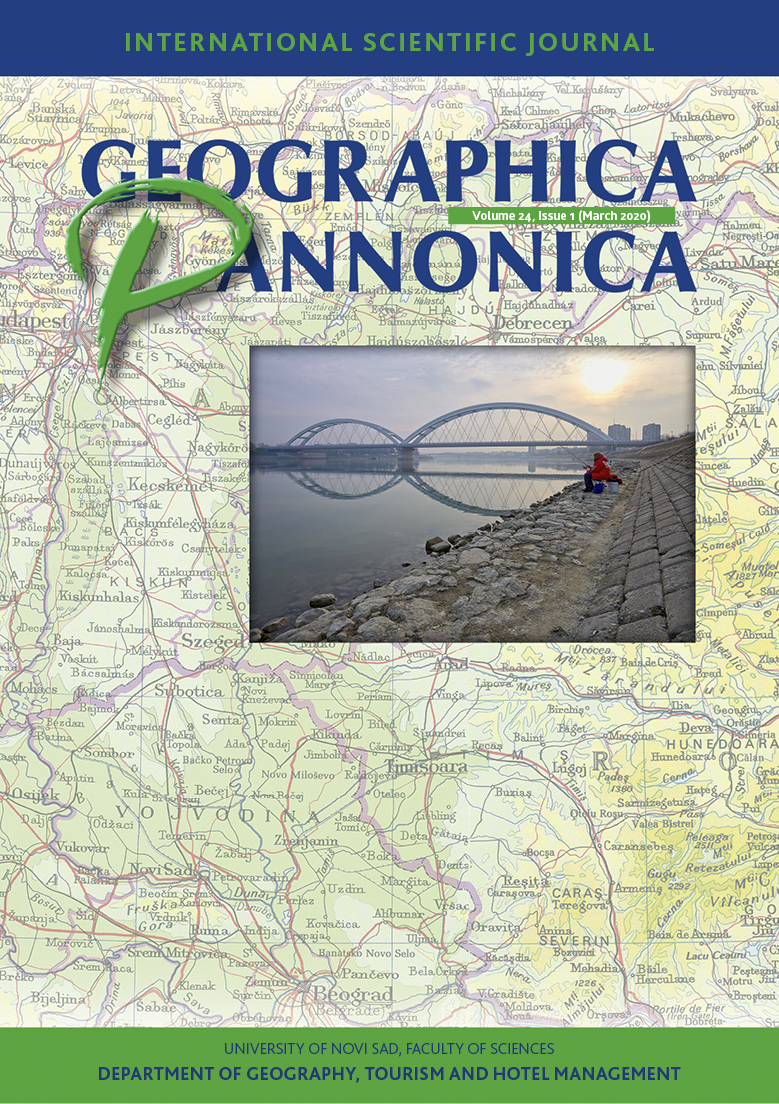The impact of suburbanisation on power relations in settlements of Budapest Agglomeration
Abstract
The aim of the current paper is to help to understand the transformation of suburban areas in Central Eastern European metropolitan regions with regard to the power relations. The study area is Budapest Agglomeration, which has experienced significant social, economic, and environmental changes after the collapse of state socialist regimes due to the intense suburbanisation. This study examines the composition of municipal councils in Budapest Agglomeration and tests the hypothesis that during the suburbanisation, the newcomers seize the political power in the suburbs. The analysis based on a database about municipal councils members of 18 settlements, and there are data about the main socio-demographic characteristics of these settlements. The results show the growing number of settlements where the incomers become dominant in municipal councils. The role of socio-demographic factors in this process is interesting as cannot be proved a clear relationship between these factors and the changes in municipal councils.

